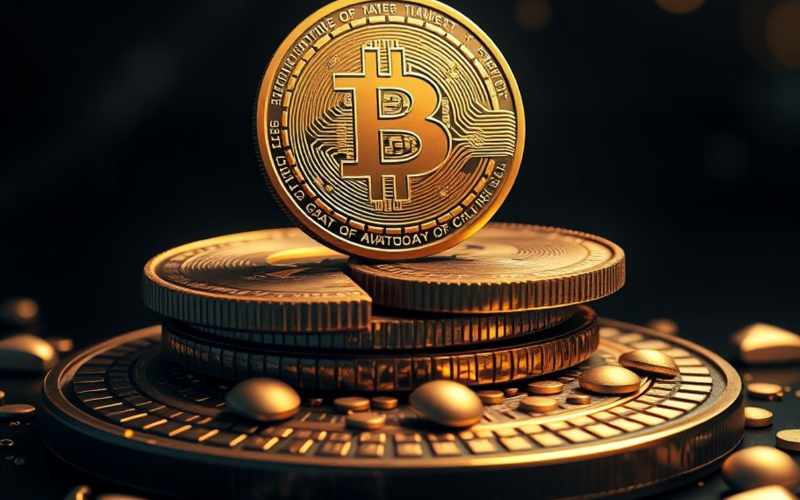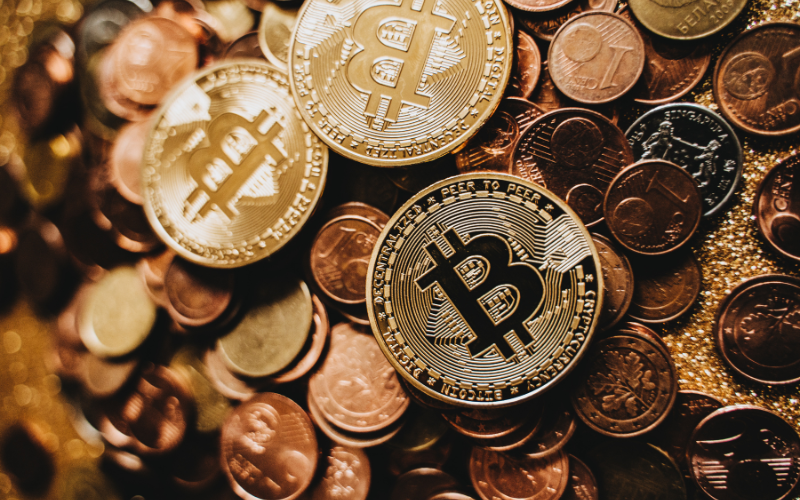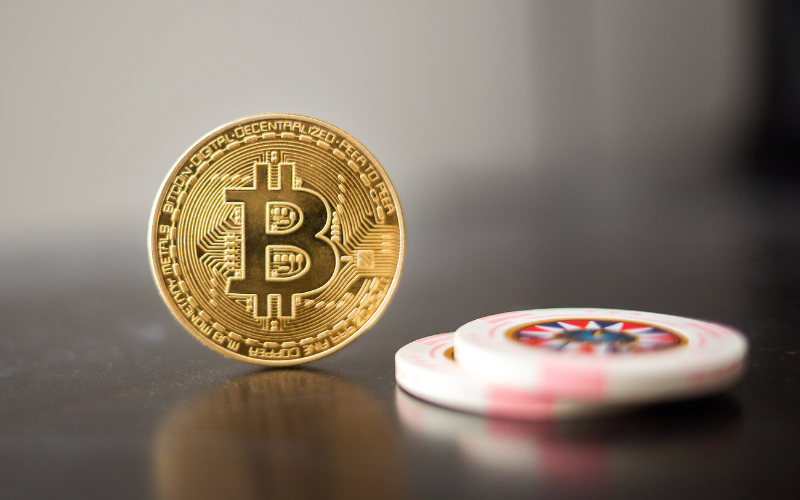Cryptocurrency and digital currency—you’ve heard both terms tossed around like they’re interchangeable. But here’s the thing: they’re not. One lives in the wild west of decentralized networks, while the other might just be sitting in your bank’s server. Confused? Let’s dig into the nitty-gritty.

So, What’s the Answer?
The short version: Cryptocurrency is a type of digital currency, but not all digital currencies are cryptocurrencies. Cryptocurrencies like Bitcoin run on blockchain tech, avoid central control, and prioritize anonymity. Digital currencies? They’re just…digital. Think government-backed money or the cash in your PayPal account. No blockchain required.
Let’s Start with the Basics
Imagine money. Now, strip away the physical coins and bills. What’s left? Digital cash. That’s digital currency. It’s any form of money existing purely in electronic form. Your bank balance? Digital currency. The cash you store in Venmo? Also digital currency. Even those gift cards you swipe online? Yep, digital currency again. The key here: It’s just a digital representation of value. No fancy tech, no rebellion against banks.
Now, Cryptocurrency steps into the ring. It’s still digital, but it’s got an extra layer—blockchain. This tech isn’t just for show. It’s the backbone that makes cryptocurrencies decentralized. No single entity, like a government or a bank, calls the shots. Instead, a network of computers verifies transactions. Think of it like a crowd-sourced ledger. Everyone has a copy, and everyone agrees on the rules.

Why Does Blockchain Matter?
Blockchain isn’t just a buzzword. It’s the reason cryptocurrencies like Bitcoin and Ethereum can operate without a central authority. Every transaction gets recorded in a “block,” which links to the previous one, forming a chain. Want to hack it? Good luck. You’d need to alter every single block in the chain across thousands of computers simultaneously. For governments or banks, that’s a non-starter.
Digital currencies, on the other hand, don’t need this complexity. Central bank digital currencies (CBDCs), like China’s digital yuan, are digital but centralized. The government controls the supply, monitors transactions, and can freeze accounts if needed. No anonymity here. Your privacy? It’s as secure as the central authority’s willpower.
Control vs. Chaos: Who Holds the Power?
This is where the fork in the road appears. Cryptocurrencies reject control. They’re designed to bypass traditional financial systems. No CEO, no board of directors, no government regulator. If you own Bitcoin, you’re your own bank. Lose your private key? Tough luck. No customer service hotline to bail you out.
Digital currencies? They’re the opposite. Central banks issue them. Governments regulate them. They’re part of the existing financial ecosystem. Lost access to your CBDC wallet? Call the central bank. They’ll probably ask for your ID, social security number, and firstborn child, but at least there’s a process.

Transparency: Can Anyone See Your Money?
Cryptocurrencies love transparency. Most blockchains are public. Anyone can view transactions. Want to see how much Bitcoin Elon Musk holds? Go ahead—it’s on the blockchain. But here’s the twist: While transactions are visible, identities aren’t. Wallets are anonymous. People use pseudonyms. So, you know someone sent $10,000, but you don’t know if it’s your neighbor or a drug cartel.
Digital currencies play by different rules. Central banks can track every transaction. If they want to know who spent what where, they can. Privacy varies, but total anonymity isn’t the goal. Think of it like using a credit card. The bank knows you bought coffee at Starbucks. They just don’t tell the world.
Use Cases: Where Do They Actually Work?
Cryptocurrencies are rebels. They thrive in unregulated spaces. Buy weed online? Some sites take Bitcoin. Want to send money across borders without fees? Cryptocurrencies got you. But good luck using Bitcoin at your local grocery store. Volatility is a killer. One day, $1 buys you a sandwich. The next, it’s a single fry.
Digital currencies are the establishment’s darlings. CBDCs aim to replace physical cash. They’re stable, regulated, and accepted everywhere. Use your digital yuan to pay rent, taxes, or even bribes—if that’s your thing. Stability comes at a cost, though. Governments can control supply, track spending, and even program money to expire. Imagine your salary vanishing if you don’t spend it by Friday.
Risks: What Could Go Wrong?
Cryptocurrencies are the Wild West. Hackers love them. Exchanges get robbed. Scams run rampant. Lost your password? Your coins are gone forever. No insurance, no refunds. It’s like carrying cash in a city with no police.
Digital currencies have their own risks. Centralized control means governments can misuse power. Freeze assets? Sure. Monitor every purchase? Easy. Inflate the currency? Just print more. Remember the 2008 financial crisis? CBDCs could make that mess digital.
The Future: Where Are They Headed?
Cryptocurrencies are evolving. Ethereum’s smart contracts let people lend, borrow, and trade without middlemen. Decentralized finance (DeFi) is booming. But regulations are tightening. Governments won’t let rebels control finance forever.
Digital currencies are spreading. Over 100 countries are exploring CBDCs. China’s already testing theirs. The IMF wants a global digital currency. The future might look like a cashless society where every dollar is tracked.

Common Questions People Ask
“Wait, isn’t PayPal a cryptocurrency?”
No. PayPal holds digital currency, but it’s centralized. PayPal controls the funds, not you.
“Can I use Bitcoin to buy a house?”
Maybe. Some sellers accept it, but volatility makes it risky. The price could drop 20% before the deal closes.
“Are CBDCs safer than crypto?”
Depends on your definition of safe. CBDCs protect against hacks but expose you to government oversight.
“Why do people even use crypto then?”
Freedom. No banks, no fees, no borders. It’s financial anarchy—and some people love that.
The Bottom Line
Cryptocurrency and digital currency aren’t twins. They’re distant cousins. One fights for decentralization, the other embraces control. One thrives on anonymity, the other on regulation. Choose your side wisely. Your money’s future might depend on it.